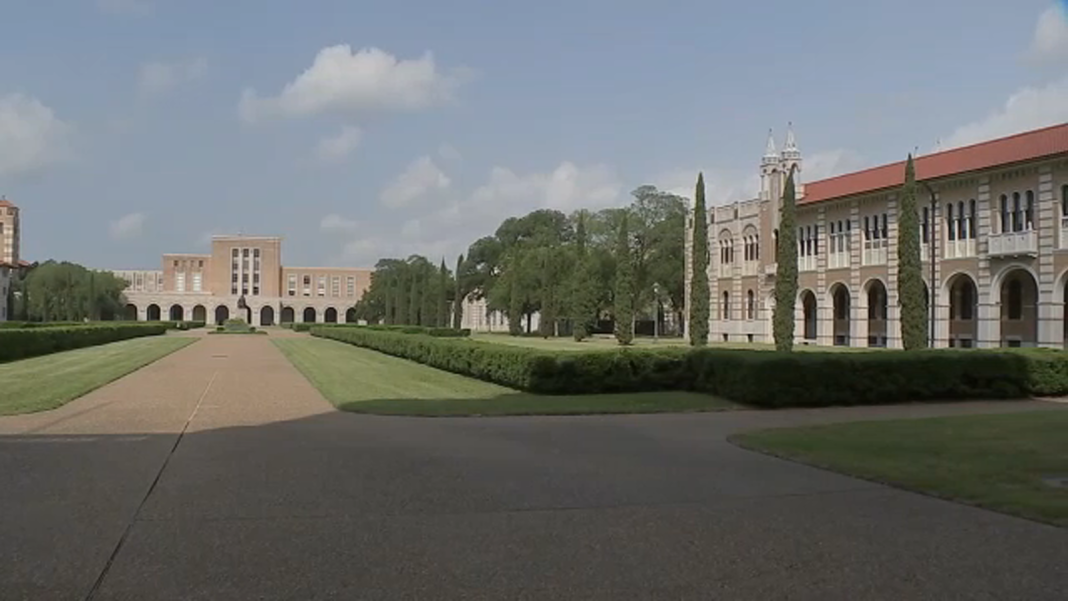Rice University Allocates $33.75 Million to Settle Antitrust Lawsuit
Rice University, located in Houston, Texas, has earmarked $33.75 million to resolve an antitrust lawsuit filed against 17 prestigious private universities across the United States. These universities were accused of engaging in an illegal scheme that limited the amount of financial aid provided to students. The university’s financial statements for the previous fiscal year reveal this allocation.
The financial statement, initially reported by the Houston Chronicle, states that Rice University will utilize the funds to settle a class action lawsuit in which it was named as a co-defendant alongside sixteen other universities. However, there is no evidence of a settlement agreement in the court records reviewed thus far. Rice University has chosen not to comment on the lawsuit or the financial statement, and the plaintiffs have not responded to requests for comment.
The lawsuit, filed in January 2022 by nine former students from various universities, alleges that the financial aid and admission practices of these institutions artificially inflated the cost of attendance. As a result, over 200,000 students receiving financial aid were allegedly overcharged hundreds of millions of dollars. The U.S. Department of Justice has expressed support for the lawsuit.
The burden of these practices falls disproportionately on low- and middle-income families who struggle to afford the cost of a university education for their children, according to the lawsuit. The universities named as defendants in the case include Rice University, Brown University, California Institute of Technology, Columbia University, Cornell University, Dartmouth College, Duke University, Emory University, Georgetown University, Johns Hopkins University, Massachusetts Institute of Technology, Northwestern University, University of Chicago, University of Notre Dame, University of Pennsylvania, Vanderbilt University, and Yale University.
For nearly two decades, these universities collaborated to develop formulas for awarding financial aid. Such behavior is typically prohibited under federal antitrust laws, which aim to prevent competitors from colluding to fix prices. However, these schools were permitted to work together due to a federal law protecting universities with “need-blind” policies, which disregard an applicant’s financial status when making admissions decisions. The group referred to themselves as the 568 Presidents Group, named after the federal law that allowed their collaboration.
However, in November 2022, the group disbanded after allegations emerged that half of its members had violated their need-blind policies. The plaintiffs claim that nine of the universities involved in the lawsuit considered applicants’ financial situations during the admissions process, showing preference for wealthier students or the children of past and potential donors. This alleged scheme resulted in reduced funding for students seeking financial aid.
Rice University is one of seven defendants accused of potentially considering applicants’ financial need, although they should have been aware that other universities were not abiding by the rules due to their collaborative efforts.
Several universities have already reached settlements in this case. The University of Chicago was the first to settle in August, agreeing to a $13.2 million payment. Emory University followed suit in September, settling for an undisclosed amount. Vanderbilt University has also agreed to settle. Rice University has stated that it will allocate approximately 6% of its nonoperating revenue in 2023 towards the settlement.
The remaining defendants have until January 31 to gather evidence, and a trial date has yet to be set.


